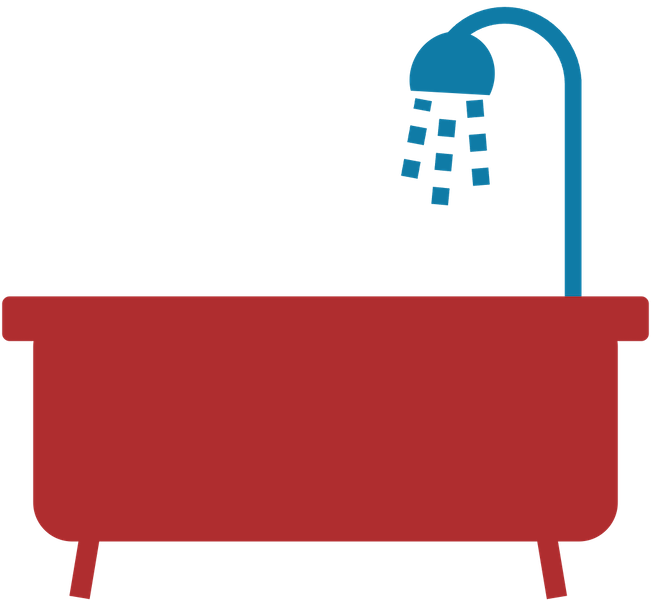One great way to defeat denial and steer clear of greenwashing is to see good examples from real-life businesses. On this page, we highlight companies and products that are truly promoting sustainability in their business practices.
| Company | Product example | In-store/online | Success/role model features | Improvements/clarity needed | URL |
| Huppy | Cotton shirts | Toothpaste | They don’t use plastics and are cruelty free and vegan. They also don’t use GMOs or fluoride, for individuals who want those attributes, as well. The business model is designed to replace plastic oral care packaging and harmful ingredients. All packaging is recyclable or compostable and they give 2% of their revenue toward sustainability initiatives. Huppy is currently seeking its B Corp certification. Shipping is carbon neutral. Huppy tablets are made in California. “Natural,” transparent ingredients. | Though shipping is made carbon neutral, that can be tricky and something to think about for shipment-based purchases. | link |
| David’s | Tote bags | Toothpaste | Made in the US (most ingredients made in the US, as well). (Fluoride-free for those who don’t want fluoride). Tubes are metal (recyclable) and plastic caps are recyclable. EWG certified for health safety. No artificial ingredients. Vegan and cruelty free. FSC certified paper packaging. Family owned/operated. | While the caps are recyclable, the US recycling system is not perfect and virgin materials are used to make the plastic. | link |
| by Humankind | Deodorant, toothpaste, soap | Products are designed to eliminate the need for single-use plastic body care items (e.g. deodorant holders) via a refill/subscription model. Much of their packaging is compostable paper and they use recycled paper already. They are carbon neutral. Most products are cruelty-free and vegan (except their silk floss, which they transparently state). They include a transparent ingredient list explained in layman’s terms and include a list of ingredients/chemicals they never use. They indicate that they follow stringent EU safety guidelines (highly regulated) for ingredients and that they source ‘sustainably’ from ethical producers and harvesting practices. They pay a living wage to factory employees in their factories (EU and US, highly regulated, but also China which is less regulated and may entail high shipping emissions). Their palm oil is fair-trade and RSPO certified (for labor and sustainability). It doesn’t not use aluminum, which has been linked to cancer for antiperspirants. They have an educational page about plastic waste, including why recycling is flawed. They also sell plastic offsets. | Though the company is designed to reduce single use plastic waste, their containers are made from plastics. Much of their packaging is compostable, but they use plastics, as well. Their carbon neutrality is via offsets (which can be tricky), but they appear to be transparent about these and accountable. Their silk floss is not cruelty free. They say that all their packaging is ‘eco-friendly’ and that they use all ‘natural ingredients’ (with many plant-based ingredients), but this is vague for the layman to understand (however they do include a whole page and list of ingredients). Their statements about ethical and sustainable production and harvesting is vague and don’t all appear to be covered by certifications, which can reduce accountability. They do not state if their sources (only factory employees mentioned) are paid a living wage. Manufacturing in China may be less regulated and entail more emissions to ship products (though they do carbon offset as mentioned above). | link |









